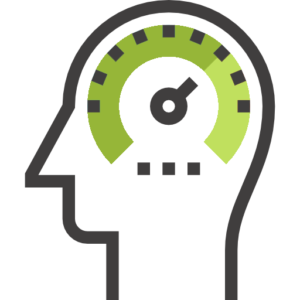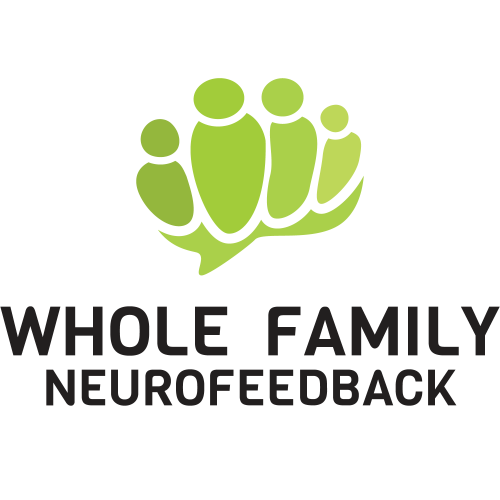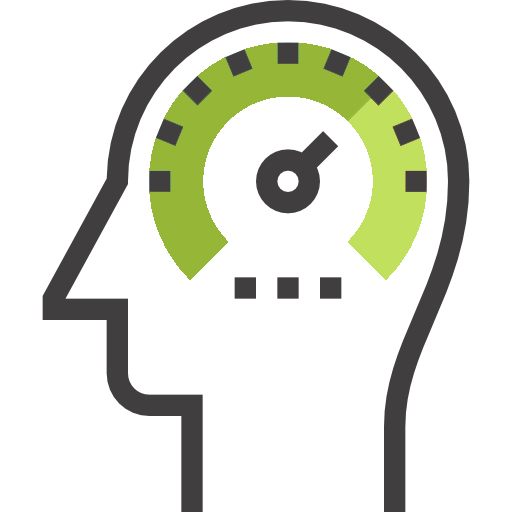Sleep Management and Neurofeedback

Have you ever had trouble sleeping at night?
Do you struggle to maintain healthy sleep habits? Do you struggle with remembering things like that meeting with your kid’s teacher or the lunch your boss scheduled because you are so tired at times? Is it making you snap at your daughter or robbing you of the energy for quality time with your spouse at times? Your sister? Your grandkids? If you are struggling with all that goes into sleep management, it could even be impacting more than you think.
According to a recent CDC sleep survey of Americans, 63% of us report not getting enough sleep to maintain our health. Sixty-nine percent report having frequent sleep problems. And 22% of us report being so sleepy during the day that it interferes with our day-to-day functioning. That’s 1 in 5 of us. Operating machinery. Making important decisions that impact the rest of us. Driving. And sleep is only just getting on the map in the medical industry—long overdue and long after diet and exercise were recognized as essential to our health. Researchers are finally finding how important good sleep is to our health and well being. It is critical for memory and learning, emotional processing, immune restoration, metabolic regulation, and executive functioning.
Listen, I know you’re tired. So I’ll get straight to the point. 😉
Sleep is wicked important. If you’re struggling with chronic insomnia, I’m sure you’re a bit tired…of hearing that. 😴 But seriously. Sleep is our most powerful biological drive. And researchers are beginning to find effective solutions for our sleep-deprived nation. So how does NeurOptimal® fit in?
NeurOptimal® and Sleep Management
NeurOptimal® promotes improved coping and stress management skills, which are key to sleep hygiene according to Johns Hopkins.* In fact, Dr. Kerry Ressler, professor of psychiatry at Harvard Medical School, links high stress with poor sleep. Stress can result in sleep difficulties, and the resulting lack of sleep can make stress worse. Dr. Ressler says, “Sleep deprivation makes parts of the brain that handle higher-order functions work less well.” She goes on to say, “Having healthy sleep habits can help. This includes going to bed and waking up at the same time each day, avoiding caffeine after noon, and creating a relaxing sleep environment.” In addition, Ressler advocates changing one’s attitude toward stress: “A life without stress is not only impossible, but also would likely be pretty uninteresting — in fact, a certain degree of stress is helpful for growth.” So, rather than striving for no stress, strive for healthier responses to stress. While NeurOptimal® does not diagnose or treat insomnia, it helps people experience the joy of deep sleep by helping them:
- Cope with things better
- Change perception of their “stuff”
- Improved resilience in the face of stress
- Promotes healthy lifestyle choices
- Boosts self esteem
- Enables more good days than bad
Tips for Individuals and Families No Matter Your Goals for Brain Training
- During your brain training, TRACK YOUR SHIFTS. I know. All caps. But tracking your shifts is the most rewarding and interesting part of neurofeedback training. I can’t recommend it enough! We offer simple forms or coaching to help with this.
- Consider inviting other family members to train.
- Don’t be too worried if you are the only one though. Positive or meaningful shifts in one family member can lead to the same in others over time.
- Don’t think so much about how many sessions you need to do. Brain training is best understood as brain fitness. You can’t go to the gym 20 times, then never go again, and expect to maintain the same level of fitness. Brain training is ongoing. The results will last, just like working out. But you’ll need to step back into the gym every once in a while to maintain and to move forward. How often is totally an individual thing and depends on your level of stress, your contact with family, and more.
- Have a look at our page on Emotional Resilience.
- Consider adding our coaching services to your neurofeedback sessions. It can enhance the experience tremendously. Just reach out to us to inquire.
- A research study was conducted using NeurOptimal® by Dr. Ed O’Malley, a neurobiologist and longtime Director of the Norwalk Hospital Sleep Disorder Center, in 2007. Contact us for more information. Published in Sleep, Vol 30, 2007.
**https://www.health.harvard.edu/mind-and-mood/protect-your-brain-from-stress
Maybe you’re about ready to start your brain training experience but still have a few questions.
Will the improvements in sleep last?
The changes that neurofeedback training brings about are long-lasting. However, brain training is like athletic training in the sense that we can’t just go to the gym once or twice or for a month or two and then never go back. Neurofeedback training is most effective when followed up with periodic boosters. For some, this is monthly. For others, this is annually. And for still others, this is right before exams or a big presentation. It’s all up to you and what you want to achieve. Lifestyle including diet and exercise as well as stress levels have an impact on how you do as well. It is important to take good care of one’s self and one’s relationships after your initial trainings. The great part about that is, the benefits NeurOptimal brain training brings (greater calm, better sleep, better focus, etc.) can make these tasks a bit easier.
How much does neurofeedback training cost?
Whole Family Neurofeedback offers both in-office and at-home training options for those looking to start neurofeedback training. Be sure to check out our Pricing page to see more details about the different plans and pricing we offer. We don’t want you to lose sleep over the cost, so we try to remove as many hurdles as we can for you to get started with brain training! Every first, in-office session (in Fort Collins, Colorado) is discounted (only one discounted session per family). You can also check out our one-week trial rental to see if it’s right for you and your family. What brain training can potentially save you in therapy bills, supplement costs, and medication costs can make for long-term savings for your family.
I have done 18 sessions, and I feel there are tangible results from the training. My emotions are more even-keeled and less subject to big swings. I worry less and am more at ease with not knowing, not having a final answer, and thriving through uncertainty. I don’t obsess nearly as much about things—for example, what to do with my relationship with my partner. I am better able to shut out distractions at work so that I don’t spin my wheels when too many demands are thrust upon me. This week I slept a lot better too! I had been waking up between 2 AM and 5 AM and was unable to go back to sleep!






